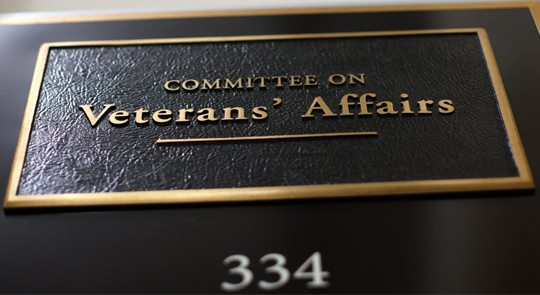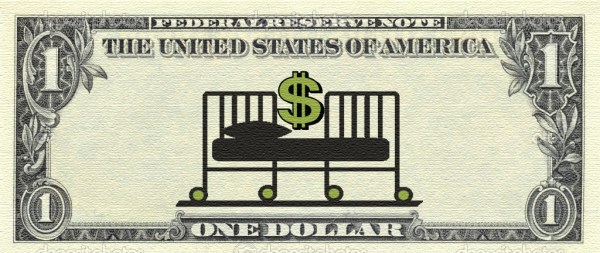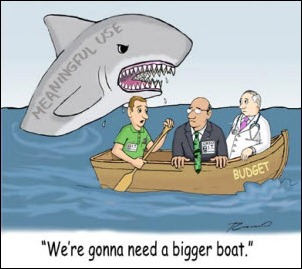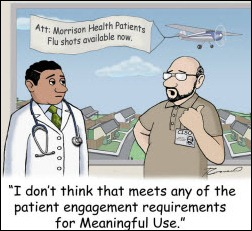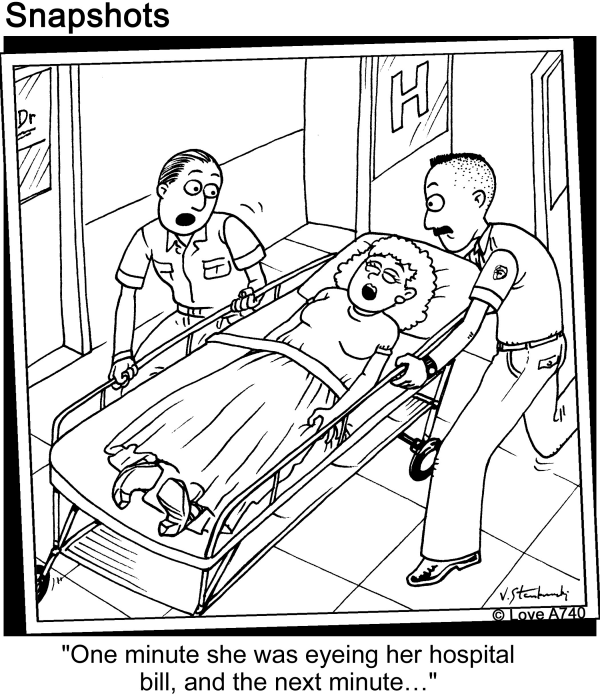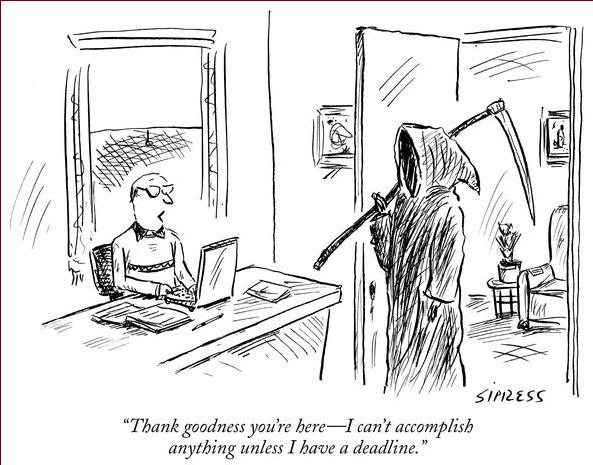Senate Veterans’ Affairs Committee Chairman Bernard Sanders (I-Vt.) introduced a far-reaching proposal Sunday to overhaul health care for the nation’s veterans that would make it easier for the beleaguered Department of Veterans Affairs to hire and fire employees, lease new space for clinics and hospitals, and send veterans to outside providers if care isn’t available within 30 days.
Medical Billing Blog
Scott Shatzman
Recent Posts
CMS: Isn't Cost-Effective to Review Billings of Doctors
Medicare, the national federal insurance program for Americans aged 65 and older, issued $6.7 billion in 2010 for health care visits that were improperly coded according to the report from the inspector general of the Department of Health and Human Services. But in its reply to the findings, the Centers for Medicare and Medicaid Services, which runs Medicare, said it doesn't plan to review the billings of doctors who almost always charge for the most expensive visits because it isn't cost-effective to do so.
Sylvia Mathews Burwell nominated as HHS Secretary
Health Subcommittee Holds Hearing to Improve Medicare Oversight
On April 30th, the House Committee on Ways and Means Subcommittee on Health held a hearing to solicit input from the HHS Inspector General’s office (OIG), CMS and the Government Accountability Office (GAO) on ways to improve Medicare oversight and reduce waste, fraud and abuse. Gloria Jarmon, Deputy Inspector General for Audit Services, Office of Inspector General, testified on behalf of HHS; Shantanu Agrawal, M.D., Deputy Administrator and Director, Center for Program Integrity, testified on behalf of CMS; and Kathy King, Director, Health Care testified on behalf of GAO.
MU Hardship Exception Applications due July 1, 2014
Medicare providers who are unable to successfully demonstrate meaningful use for 2013 due to circumstances beyond their control can apply for a “hardship exemption.” CMS is accepting applications for hardship exceptions to avoid the upcoming Medicare payment reductions for the 2013 reporting year.
HHS Set to Announce New ICD-10 Effective Date
As has been previously reported, on April 1, 2014, the Protecting Access to Medicare Act of 2014 was enacted, which specified that the Secretary may not adopt ICD-10 prior to October 1, 2015. This left some uncertainty as to what the new date would be exactly.
Health care spending rose at the fastest pace since 1980 as the new health insurance law prompted many more Americans to seek medical treatment. “Following several years of decline, 2013 was striking for the increased use by patients of all parts of the U.S. health care system,” Murray Aitken, executive director of the IMS Institute for Healthcare Informatics, said in a statement. Health care expenditures climbed at a 9.9% annual rate last quarter, mostly because of increased spending at hospitals, the Bureau of Economic Analysis said last week. That's the biggest jump since 1980's third quarter, and it followed a 5.6% increase in the fourth quarter of 2013.
The Obama administration on Friday announced updates to model notices informing workers of their eligibility to continue health-care coverage through the Consolidated Omnibus Budget Reconciliation Act, or Cobra. The updates make it clear to workers that if they are eligible for COBRA continuation coverage when leaving a job, they may choose to instead purchase coverage through the Health Insurance Marketplace.
Update - 8 Million Enrolled under the Affordable Care Act
President Obama announced Thursday that eight million people have signed up for health insurance under the Affordable Care Act, including what the White House said were a sufficient number of young, healthy adults. The total number of enrollees exceeds by a million the target set by the administration for people to buy insurance through government-run health care exchanges. In particular, the number of young people signing up appears to have surged during the final weeks of enrollment. Speaking at an impromptu news conference, the president described how the law has helped make a difference for ordinary citizens. Along with the eight million enrollments through the exchange, the White House released figures on other aspects of the law. Three million Americans enrolled in Medicaid and the Children’s Health Insurance Program, five million people enrolled in health plans that meet ACA standards but were sold outside the exchange and 3 million young adults (under the age of 26) were able to stay on their parents’ plan.

